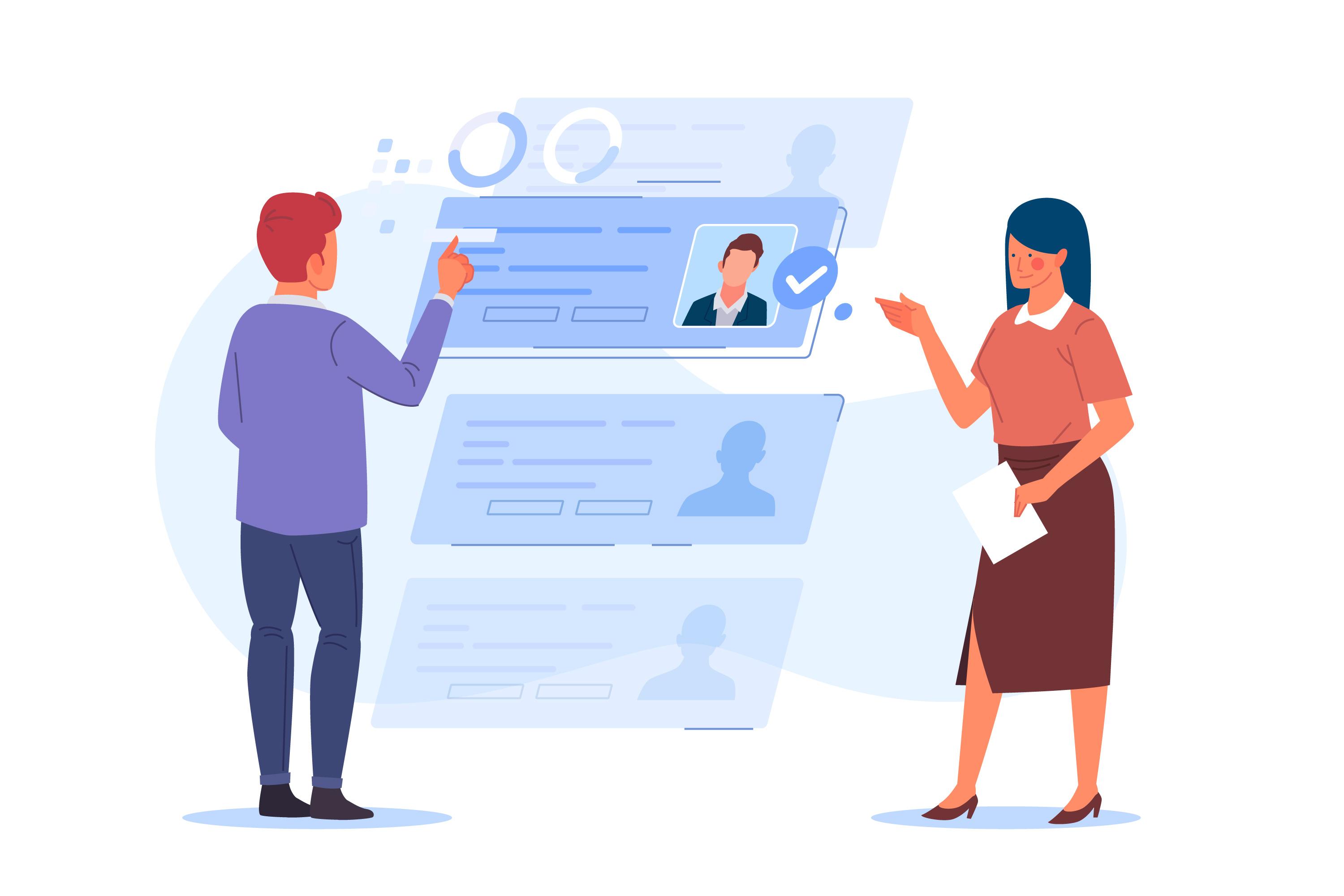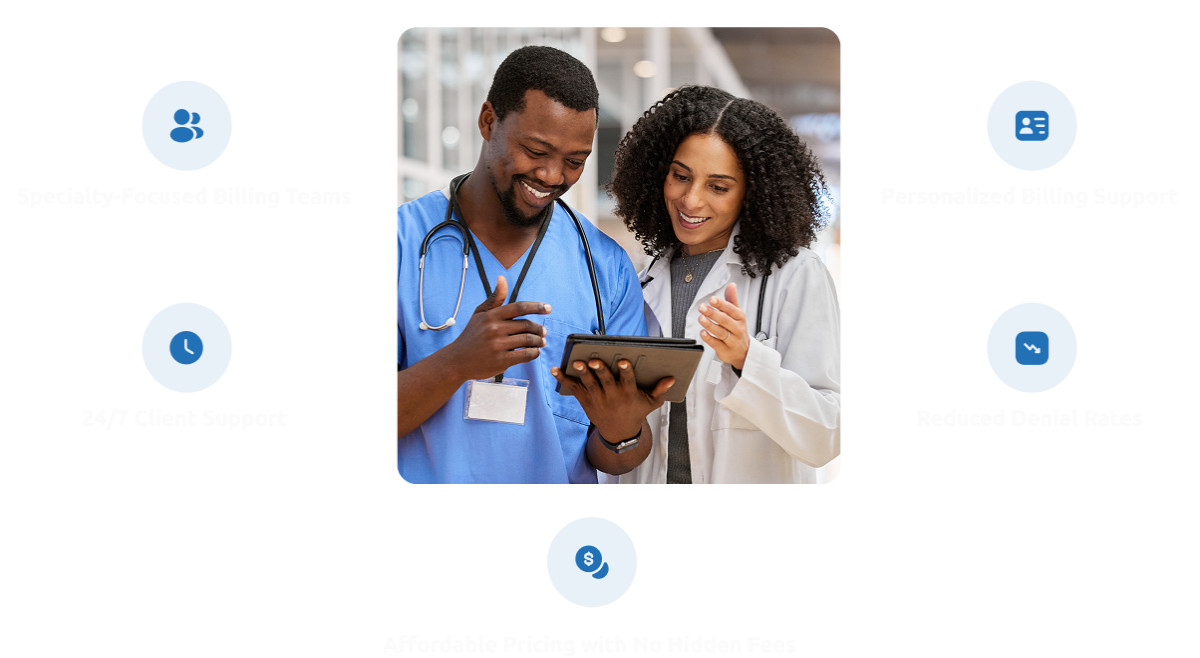
Discover top digital skills every Nigerian Youth must learn before 2030 to stay relevant, boost career opportunities, and thrive in the fast growing digital economy
A typical Monday morning in Lagos, and 22-year-old Adebayo is searching through job boards, his computer science degree in hand, wondering why every entry-level position requires "3+ years of experience."
Meanwhile, across the town, 19-year-old Kemi, who dropped out of university to learn digital marketing, just landed her third freelance client this month, earning more than most of her graduate friends combined.
As we race toward 2030, the question isn't whether digital transformation will reshape Nigeria's economy; it's whether our youth will be prepared to ride the wave or be swept away by it.
The Digital Revolution in Nigeria
Nigeria stands at the precipice of digital transformation. According to recent projections, the country's digital economy could contribute up to $88 billion to GDP by 2030. But this massive opportunity comes with an equally massive skills gap.
"The future belongs to those who can adapt, not just those who can memorize," says Funmi, a successful tech entrepreneur who transitioned from traditional banking to founding her own fintech startup at 28. "I wish I had understood this earlier in my career."
While Nigeria boasts over 200 million people, with more than 60% under the age of 25, the digital skills gap continues to widen across Africa, creating both challenges and unprecedented opportunities for those willing to embrace change.
The Foundation: Core Digital Literacy Skills
Before diving into specialized skills, every Nigerian youth needs a solid foundation in digital literacy. Think of these as your digital survival skills in an increasingly connected world.
1. Digital Communication and Collaboration
Gone are the days when a simple email sufficed for professional communication. Today's digital-first workplace demands proficiency in multiple communication platforms, from Slack and Microsoft Teams to project management tools like Asana and Trello.
Tolu, a 24-year-old project coordinator at a Lagos-based startup, shares her experience: "When I started working remotely during the pandemic, I realized I was completely unprepared for digital collaboration. Learning platforms like Zoom, Google Workspace, and Notion wasn't just helpful—it was essential for my career survival."
2. Cloud Computing Basics
Understanding cloud services isn't just for IT professionals anymore. Whether you're a content creator using Google Drive, a small business owner leveraging cloud accounting software, or a student collaborating on projects, cloud literacy has become as fundamental as basic computer skills were two decades ago.
Software engineering training programs now emphasize cloud computing as a core competency, recognizing its universal applicability across industries.
3. Cybersecurity Awareness
With Nigeria ranking among the top countries for cybercrime globally, cybersecurity awareness isn't optional—it's a matter of digital survival. Every young Nigerian should understand basic security practices, from creating strong passwords to recognizing phishing attempts and securing personal data.
The High-Impact Technical Skills
While digital literacy provides the foundation, these technical skills are the game-changers that can transform a young Nigerian from job seeker to job creator.
4. Programming and Software Development
Software developers in Nigeria can earn between ₦3 million to ₦15 million annually, depending on their skill level and specialization. But it's not just about the money—programming teaches problem-solving, logical thinking, and creativity in ways that few other disciplines can match.
"Learning to code changed everything for me," explains David, who went from selling phone accessories in Computer Village to becoming a senior developer at a leading fintech company. "It's not just about writing code—it's about thinking systematically and solving real-world problems."
Popular programming languages for Nigerian developers include:
- JavaScript: Essential for web development and increasingly popular for mobile and desktop applications
- Python: Perfect for beginners and powerful for data analysis, artificial intelligence, and web development
- Java: Widely used in enterprise applications and Android development
- PHP: Still dominant in web development, especially for e-commerce and content management systems
The beauty of programming is its accessibility. Unlike traditional professions that require years of formal education, dedicated individuals can achieve professional-level programming skills in 12-18 months through intensive self-study and practical projects.
5. Data Analysis and Visualization
T9he ability to collect, analyze, and present data insights has become incredibly valuable. From helping small businesses understand their customer behavior to assisting NGOs in measuring their impact, data analysis skills are in high demand across all sectors.
Blessing, a 26-year-old data analyst at a major telecommunications company, started her journey with basic Excel skills. "I never imagined that learning to use pivot tables and VLOOKUP functions would lead to a career in data science," she reflects. "Now I work with Python, SQL, and Tableau, helping our company make million-naira decisions based on data insights."
Essential data analysis tools include:
- Excel and Google Sheets for basic analysis
- SQL for database querying
- Python or R for advanced statistical analysis
- Tableau, Power BI, or similar tools for data visualization
6. Digital Marketing and E-commerce
Nigeria's e-commerce market is projected to reach $75 billion by 2025, driven by increasing internet penetration and changing consumer behaviors. This growth creates massive opportunities for young people skilled in digital marketing.
Consider the story of Aisha, who started by helping her mother's fashion business create an Instagram account. Three years later, she runs a digital marketing agency serving over 30 clients across West Africa. "I started with zero knowledge about digital marketing," she says. "But I was curious, I experimented, and I learned from every campaign."
Key digital marketing skills include:
- Search Engine Optimization (SEO) and content marketing
- Social media marketing and community management
- Pay-per-click (PPC) advertising on Google, Facebook, and Instagram
- Email marketing and automation
- Analytics and conversion optimization
7. Mobile App Development
With over 180 million mobile phone users in Nigeria, mobile app development presents enormous opportunities. The success stories are inspiring—from ride-hailing apps like Bolt (formerly Taxify) to financial services apps like Carbon and Cowrywise, Nigerian-built mobile applications are transforming how people live and work.
"Mobile-first isn't just a design philosophy in Nigeria—it's a reality," explains Chinedu, a mobile developer who's worked on apps with over a million downloads. "Many of our users skip desktop entirely and access the internet primarily through their phones. Understanding mobile development means understanding your audience."
Popular mobile development approaches include:
- Native development (Java/Kotlin for Android, Swift for iOS)
- Cross-platform development (React Native, Flutter)
- Progressive Web Apps (PWAs) for web-based mobile experiences
The Future-Focused Skills
As we look toward 2030, certain emerging technologies will create entirely new categories of jobs and opportunities.
8. Artificial Intelligence and Machine Learning
AI isn't just coming to Nigeria—it's already here. From AI-powered customer service chatbots to machine learning algorithms that detect fraud in financial transactions, artificial intelligence is quietly revolutionizing Nigerian businesses.
The key insight? You don't need a PhD in computer science to work with AI. Many practical AI applications involve understanding existing tools and platforms rather than building algorithms from scratch.
"I started using AI tools to automate parts of my content creation process," shares Kemi, a digital content creator. "Now I help other businesses implement AI solutions for their marketing and customer service needs. The demand is incredible."
Essential AI skills for beginners include:
- Understanding AI concepts and applications
- Working with AI platforms like ChatGPT, Claude, and Gemini
- Basic machine learning concepts and tools
- AI ethics and responsible implementation
9. Blockchain and Cryptocurrency
Nigeria leads Africa in cryptocurrency adoption, with millions of Nigerians using digital currencies for remittances, savings, and business transactions. Understanding blockchain technology and cryptocurrency markets isn't just about trading—it's about grasping the fundamental shift toward decentralized finance and digital assets.
Emeka, who runs a blockchain consulting firm, puts it simply: "Blockchain is bigger than Bitcoin. It's about trust, transparency, and new ways of organizing economic activity. Nigerian businesses are just beginning to explore these possibilities."
10. Internet of Things (IoT) and Hardware Integration
As smart cities initiatives gain momentum across Nigeria, IoT skills become increasingly valuable. From smart traffic management systems in Lagos to automated irrigation systems for farmers, IoT applications are expanding rapidly.
The Human Skills: Your Digital Advantage
Technical skills alone aren't enough. The most successful young Nigerians in the digital economy combine technical expertise with strong human skills.
Critical Thinking and Problem-Solving
In a world of information overload, the ability to think critically, evaluate sources, and solve complex problems becomes invaluable. These skills distinguish mere tool users from true digital professionals.
Adaptability and Continuous Learning
The digital landscape evolves rapidly. Platforms change, new tools emerge, and entire industries transform. The most valuable skill might be the ability to learn continuously and adapt quickly to change.
"I've had to reinvent myself professionally three times in the past decade," notes Sarah, a digital transformation consultant. "Each time, it was my willingness to learn and adapt that made the difference, not just my existing skills."
Communication and Storytelling
Whether you're explaining technical concepts to non-technical stakeholders, writing proposals for clients, or creating content that engages audiences, communication skills amplify the impact of your technical abilities.
Your 2030 Digital Skills Roadmap
Feeling overwhelmed? Here's a practical roadmap for Nigerian youth to develop essential digital skills by 2030:
Phase 1: Foundation Building (Months 1-6)
- Master basic digital literacy and productivity tools
- Develop strong online communication skills
- Build cybersecurity awareness and practices
- Choose your first technical skill focus area
Phase 2: Skill Specialization (Months 7-18)
- Deep dive into 1-2 technical skills relevant to your interests
- Start building a portfolio of projects and work samples
- Begin networking with professionals in your chosen field
- Consider professional training programs to accelerate learning
Phase 3: Professional Development (Months 19-36)
- Gain real-world experience through internships, freelancing, or projects
- Develop complementary skills that enhance your primary focus
- Build a personal brand and online presence
- Start mentoring others and giving back to the community
Overcoming Common Challenges
The journey to digital proficiency isn't without obstacles. Here's how successful young Nigerians have overcome common challenges:
Challenge 1: Limited Access to Quality Learning Resources
Solution: Leverage free and affordable online learning platforms like Coursera, edX, Khan Academy, and YouTube. Many comprehensive training programs are now available locally, designed specifically for the Nigerian context.
Challenge 2: Lack of Practical Experience
Solution: Create your own projects. Build a website for a local business, analyze data for a community organization, or develop a mobile app to solve a problem you've personally experienced.
Challenge 3: Impostor Syndrome and Confidence Issues
Solution: Remember that everyone starts somewhere. Focus on continuous improvement rather than perfection, and celebrate small wins along the way.
The Support System: Building Your Network
Success in the digital economy isn't a solo journey. Building strong networks and support systems is crucial:
Professional Communities
Join Nigerian tech communities like Developers Circles Lagos, Women in Tech Africa, and various specialized groups on platforms like Discord and Telegram.
Mentorship
Seek out mentors who've walked the path you want to travel. Many successful professionals are willing to share their knowledge with motivated young people.
Peer Learning
Form study groups with other learners. Teaching others reinforces your own learning and builds valuable relationships.
Taking Action: Your Next Steps
Knowledge without action remains potential energy. Here's how to transform this information into momentum:
Week 1: Self-Assessment
Evaluate your current digital skills honestly. Identify gaps between where you are and where you want to be by 2030.
Week 2: Goal Setting
Set specific, measurable goals for skill development. Instead of "learn programming," commit to "build three web applications using JavaScript by December."
Week 3: Resource Gathering
Identify learning resources, whether free online courses, local training programs, or mentorship opportunities. Consider professional development opportunities that align with your goals.
Week 4: Community Building
Connect with others on similar journeys. Join online communities, attend local meetups, and start building your professional network.
The Future is Digital and It's Yours to Shape
focused effort, strategic learning, and consistent action, it's plenty of time to transform yourself from a digital consumer into a digital creator, from a job seeker into a job creator, from someone shaped by the digital revolution into someone who shapes it.
Nigerian youth have always been resilient, creative, and ambitious. Now, armed with digital skills, they have the tools to turn that potential into unprecedented prosperity. The future is digital, the opportunity is massive, and the time is now.
The only question left is: what digital skill will you start learning today?
Explore our blog to learn more about demanding Tech skills and how you can learn, upskill and reskill Software Development skills at DelonAcademy.
























